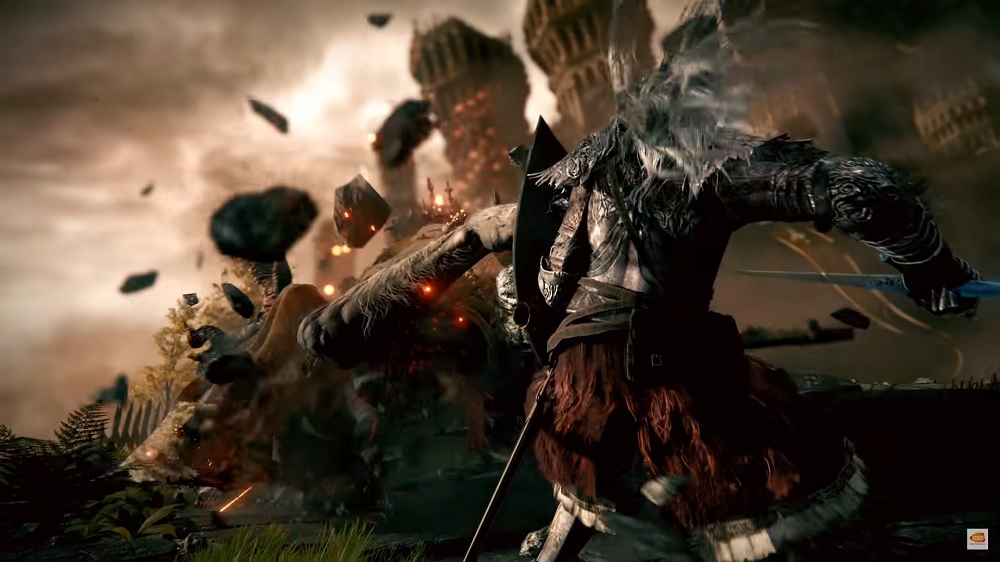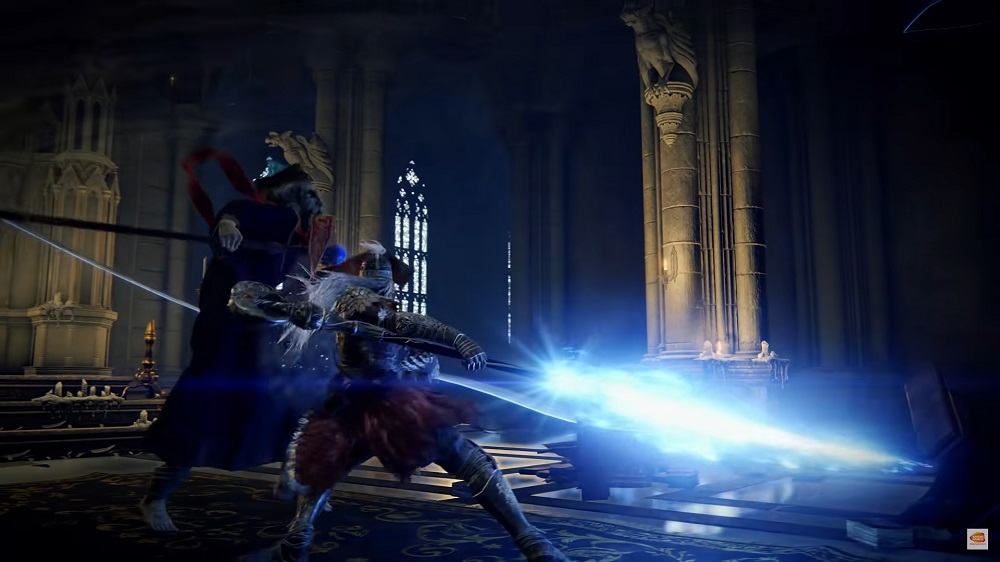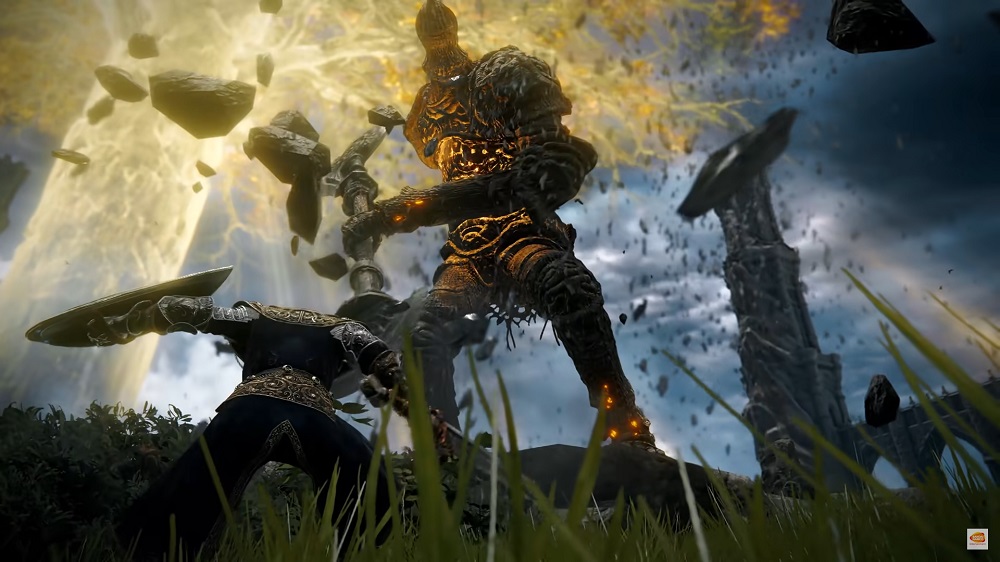Or maybe not, according to an interview with From Software’s Hidetaka Miyazaki with Famitsu, translated by Frontline Gaming Japan. In the interview, the game director says that Elden Ring will be about as difficult as Dark Souls 3. But it will allow for a lot more versatility. Where in the Dark Souls series each weapon had their own skills, you can change them around in Elden Ring. He also said that stealth will have much better viability. Put the two together and you’ll basically have a lot more options at your disposal than you’ve ever had.
But never mind all that. Because I’m calling it now: come January 2022 when Elden Ring gets released, the difficulty vs accessibility debate will rage all over again.
Difficulty vs accessibility debate all over again
Some things should already be well-defined: colourblind options and sound cues, these belong in the accessibility list. Expanding further, we can have extensive button remapping and language options for text, dialogue, or even some in-game elements. Specific to Sekiro: Shadows Die Twice, we can have the kanji that appears when an enemy uses an unblockable, or when you get inflicted with a status effect, to be translated.
Things like the speed of which an enemy detects you while you’re in stealth, their health and yours, that’s difficulty. You can also have the complexity of puzzle and platformer sections here too. Some things that are up for debate include the speed of an enemy attacks’ windup, or tells, and their frequency. This is arguably more a matter of game and enemy design, though it does ultimately affect difficulty. But the whole reason the debate came about with Sekiro: Shadows Die Twice back in 2019 was because of the argument that some things in the difficulty section of the dictionary should be in accessibility instead. Cue the rationalising of why some people have no time to “git gud”, but don’t want content gated from them. But then they also don’t want to watch streams of “gud” players beating the game. It’s the easiest way to get a game’s lore fix, after all. Then comes the meme-ification of tweets that bruise people’s egos. Naturally, whatever profound truth to be had behind the snark would have been completely lost.
Satisfaction from overcoming challenges? What’s that?
This debate started to bubble again with the release of The Last of Us Part II. Thankfully that died down before it got blown out of proportion. But I digress.
Part of me unwillingly concedes that we are hypocrites. Whoa, mind-blowing realisation there, I know. But there’s something painfully ironic about calling out others for their need for instant gratification, while also whining about not wanting to invest the time to learn the skills to get to content. Another thing I’m calling right now: people bitterly agreeing to disagree. We’ve seen pundits on established platforms, from traditional media to YouTubers, passive-aggressively labelling each other. Each believe themselves to be right, without directly interacting with each other to see where exactly their differences are.
I’m not trying to take sides here. If I have a side to take, I’m sure the tone of the article will have made it clear which one it is. Hypocritical as it may be, I maintain that it’s not the point of this wall of text.
Let’s agree on some definitions first
Instead, what I propose is this: rather than prematurely jumping onto each other’s throats from the get-go, let’s first agree on some definitions. Let’s talk about what is accessibility and what options fall under that category. Ditto for difficulty. Because without agreeing to a definition for both, debating the two is futile anyway because no one knows what anyone is arguing for or against. I’ve given my definitions, and my justification is that, most of the things labeled as difficulty can be overcome. Whether through learning, training, skill, or more often than not, a combination of them. But if you’re suggesting that elements of difficulty should be classified as accessibility, you imply that people with slow reactions are disabled, and that no amount of training can speed that up. On the other hand, things on the accessibility side of things are mostly indeed things that a player cannot improve upon. Or in the case of language, will take far longer than the game reasonably needs. You can’t improve your colourblindness, for instance. And learning Japanese to be able to read kanji as fluently as you would English will probably be more effort than it is worth. This is especially considering there’s less than a dozen that is actually significant to the gameplay of Sekiro: Shadows Die Twice. Though considering the usual discourse, I’m not surprised if even that devolves in the the usual “unskilled journalists” vs “elitist gamers” drivel. It would be nice to be proven wrong though. And on that bombshell…



